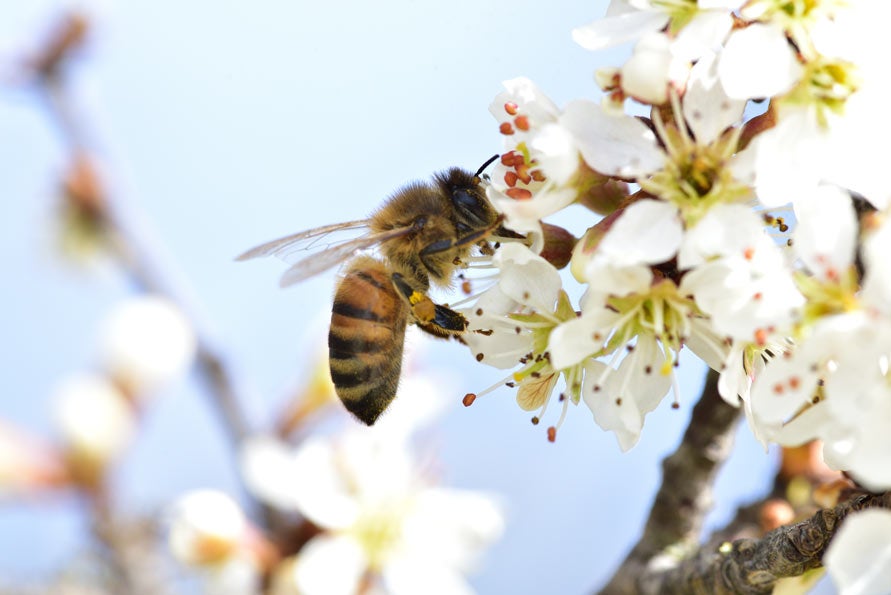The insects that sting
Insects that are members of the Hymenoptera family most commonly cause allergic reactions. These include:
-
Honey bees
-
Wasps
-
Hornets
-
Yellow jackets
-
Fire ants
Allergic reactions to insect stings
The reactions are often at the sting site, with redness, swelling, pain, and itching. Generally, the reaction lasts only a few hours. But some may last longer.
For some people, allergic reactions to insect stings can be life-threatening. The reaction is called anaphylaxis. It can start within 5 minutes. Or it may be delayed more than 1 hour. It can include severe symptoms, such as:
-
Itching and hives over most of the body
-
Face, throat, and tongue swelling
-
Trouble breathing, wheezing, and chest tightness
-
Cough
-
Trouble swallowing
-
Hoarse voice
-
Dizziness
-
Headache
-
Stomach cramps, nausea, vomiting, or diarrhea
-
Rapid drop in blood pressure
-
Shock
-
Loss of consciousness
-
Death
If you or someone else has any of these symptoms after a sting, call
Preventing stings
Preventive measures include:
-
Keep food covered when eating outdoors.
-
Be careful with open drink bottles or cans. Insects can fly or crawl inside them.
-
Don't use perfumes and strong smelling hair products or deodorants.
-
Don't wear bright, flowered clothing.
-
Don't go barefoot or wear sandals in grassy areas.
-
When gardening, watch for nests in trees, shrubs, old pots, ends of pipes, and flower beds.
-
Be careful near swimming pools, woodpiles, under eaves of houses, and trash containers.
-
Don't swat at flying insects.
Treatment for stings
Treatment suggestions for highly allergic people include:
-
Remove the stinger right away by scraping it with a straight, dull edge, such as a plastic credit card. Don't squeeze the stinger with tweezers or your fingers. That could force the venom into the body.
-
Always carry 2 doses of epinephrine medicine. Make sure you and those close to you know how to use them.
-
With severe symptoms, use your epinephrine and call
911 or direct someone else to call. Get emergency care as soon as possible.
If you have had a bad allergic reaction to a sting in the past, talk with your healthcare provider. Ask to see an allergist for testing for venom allergy. Also ask to get epinephrine, such as an autoinjector or nasal spray, if you don't already have it. Find out if you need allergy shots (immunotherapy) to help prevent bad allergic reactions to stings in the future. Venom allergy shots can be lifesaving for people with venom allergy. Wear a medical alert bracelet or necklace.


